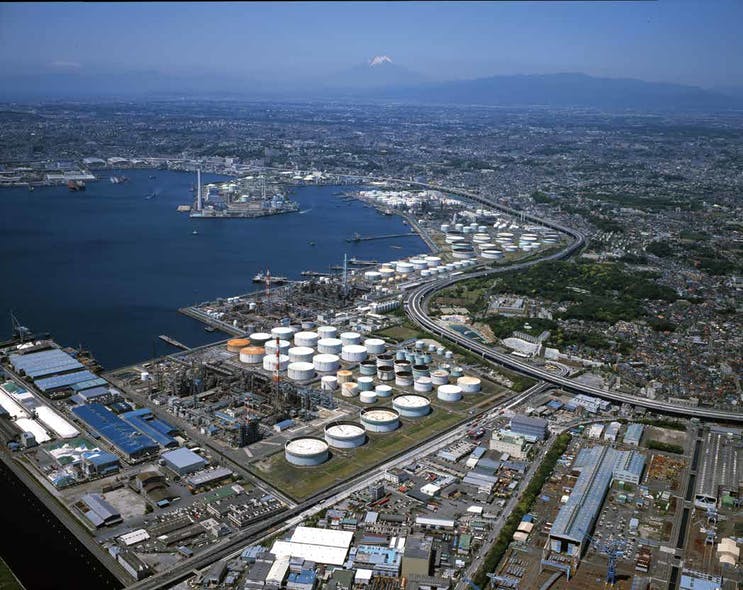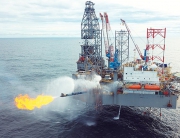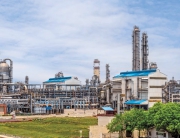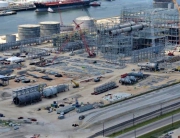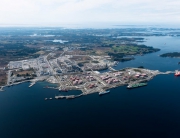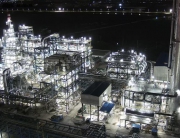TotalEnergies SE and ENEOS Corp. Ltd. are conducting a joint feasibility study to assess potential future production of sustainable aviation fuel (SAF) at ENEOS’s 270,000-b/d Negishi refinery in Yokohama City, Kanagawa Prefecture, Japan.
Already under way, the joint feasibility study is evaluating feedstock procurement and production options for a possible unit at Negishi that, if approved, would be able to produce 300,000 tonnes/year (tpy) of SAF from sustainable waste procured from the circular economy, including used cooking oil and animal fat, TotalEnergies and ENEOS said in separate mid-April releases.
Currently, both companies are in the process of collecting the sustainable feedstock options from Yoshikawa Oil & Fat Co. Ltd. in collaboration with HMLP Co. Ltd. to determine the possibility of building a stable system for procuring used cooking oil from all over Japan, ENEOS said.
The companies’ planned collaboration at the Negishi refinery—which, near to both the Narita and Haneda airports, is in Japan’s largest aviation fuel demand area—would include establishment of a new joint venture (JV) for the proposed SAF production, according to the operators.
While TotalEnergies and ENEOS did not reveal a detailed timeline for the proposed venture, the companies did express a mutual hope to develop a reliable SAF supply chain in Japan by 2025.
The operators aid the potential partnership comes as part of both companies’ commitments to responding to the challenges of global climate change as well as their individual goals to decarbonizing operations in line with the energy transition.
Specifically, the proposed project would enable ENEOS to help further its corporate Long-Term Vision to 2040 for development of a decarbonized, recycling-oriented society, as well as further the goal of Japan’s Ministry of Land, Infrastructure, Transport and Tourism to achieve 10% SAF use throughout the country by 2030, the company said.
TotalEnergies, which continues to invest in renewables-based fuel production across its operating platforms, said the Negishi project would complement its broader transformation into a multi-energy operator equipped to achieve net-zero emissions by 2050.
The potential SAF project at the refinery would follow the planned October 2022 decommissioning of the Negishi refinery’s 120,000-b/d Topping Unit No. 1, as well as related secondary units for vacuum distillation, catalytic cracking, and lube oil manufacturing, which will reduce the refinery’s crude processing capacity to 150,000 b/d, ENEOS said in a Jan. 14, 2021, release.
Source: www.ogj.com


